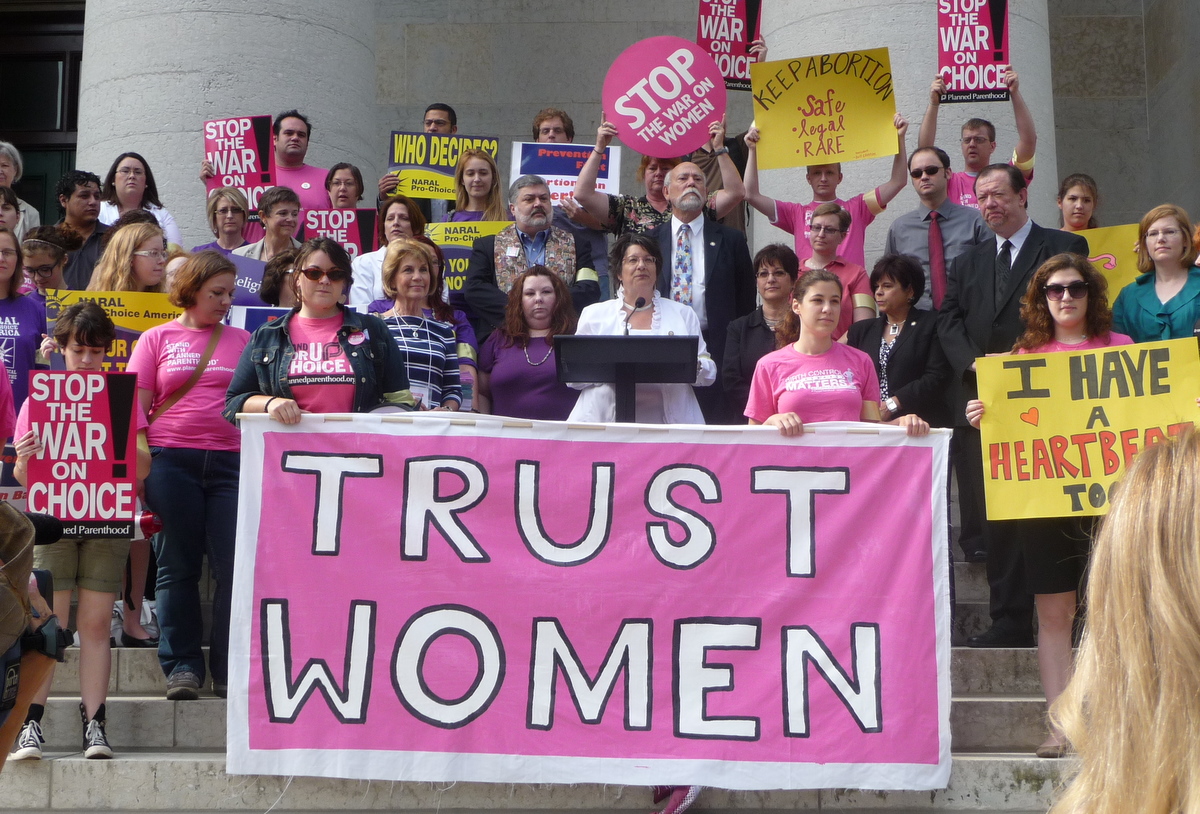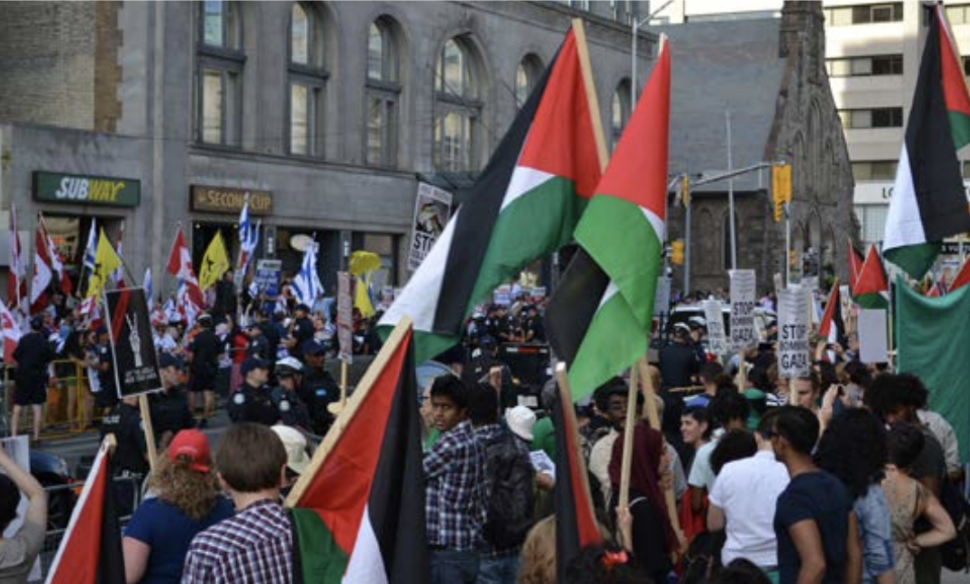Around the world, millions are grappling with the outbreak of violence in Gaza, a strip of territory that Israel occupies. In an Oct. 7 attack, the militant Palestinian group Hamas killed over 1,200 Israelis and took about 240 hostages. The Israeli Defense Forces responded by bombing the Gaza strip and killing over 11,000 Palestinians, including over 4,500 children, The New York Times reports.
Israel cut off access to water, food, medical aid, Internet and fuel to Gaza’s 2.2 million residents for weeks. After facing international pressure, Israeli officials allowed dozens of trucks carrying humanitarian aid to cross the border into Gaza. For the first time since the latest conflict started, a truck carrying fuel to the United Nations relief effort was allowed to cross on Nov. 15, according to Reuters.
In October, rallies in support of both Israel’s and the Palestinians’ causes erupted on college and university campuses across the nation. These centers for academic exploration and exchange of ideas became hotspots for protests and are facing backlash from the colleges’ administrations and even prominent public figures and donors.
With a history that goes back 80 years, many people feel alienated from speaking on the Israeli-Palestinian conflict, fearing that they will say the wrong thing and be ostracized, demoted and/or fired. Social media and television commentary has continued to polarize communities, as people consume completely different world perspectives. Particularly on Instagram and X, opinions shared can quickly turn into a battlefield of extremes, and often reject any nuance. Citizens are blamed for the actions of their government, victims are dehumanized and collective punishment for an entire people is justified. Others may feel that staying neutral is the only way to avoid conflict.
While this may seem like the safer route, it completely paralyzes any possibility for civil discourse. This option is not fair to any of the victims or to the scope of the violence. This unfolding humanitarian crisis is one that is sensitive to not just Palestinians or Israelis, but to Jews, Muslims and Middle Eastern people in our own community and school. Can we as students truly live with our school’s core values of courage and compassion while remaining silent in the face of human suffering? We respectfully disagree.
Human suffering shouldn’t carry more weight based on what side of a border wall someone is born on.
A situation where people are stuck in their own perspective and unwilling to engage in discourse is one where citizens feel isolated from their friends and communities. Instead of shying away from discussion, schools should facilitate spaces where civil discourse and students can respectfully challenge each other’s opinions. These conversations matter. With a community as diverse as Sage Hill, this dialogue exposes students to different perspectives and acknowledges more than one story and stance can peacefully coexist.
We cannot simply resign ourselves to the idea that the Middle East is removed from us and our influence. As citizens of a nation that fiscally and diplomatically supports Israel and is heavily involved in the geopolitics of the Middle East, we have an obligation to continuously educate ourselves and reject apathy. We must actively seek out the voices of more than one side and listen to each other, not simply to respond, but to understand.





